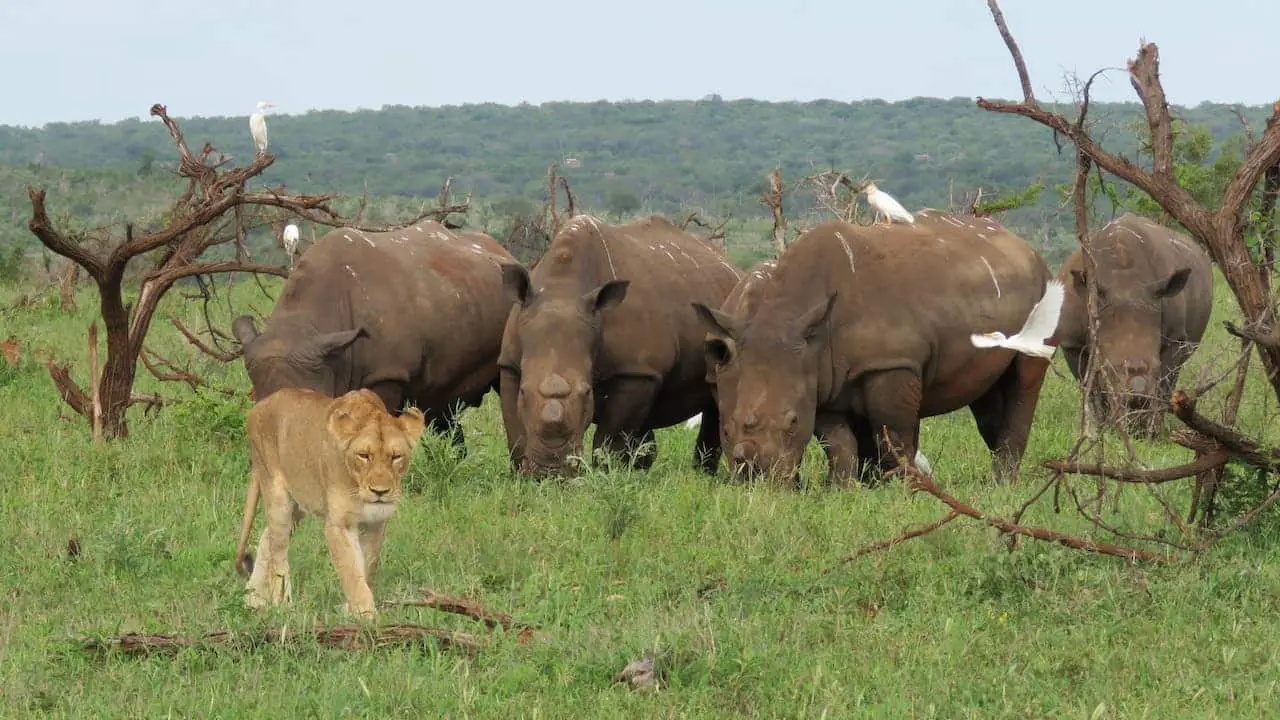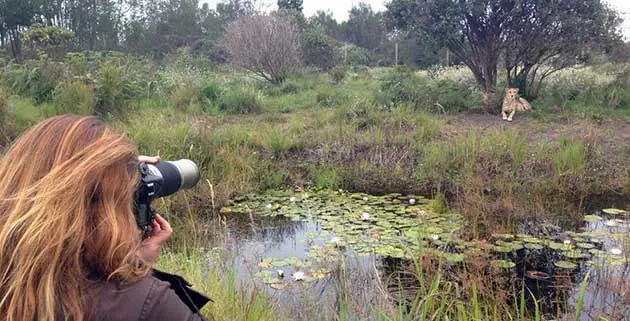Supporting Sustainable Tourism Projects in Rwanda
Rwanda should be congratulated for increasing the price of its gorilla permits. Considering what the funds are used for, it’s a small price to pay in support of the country’s sustainable tourism projects. By Des Langkilde.
Rwanda is well-known for its mountain gorillas, with gorilla trekking being its main tourist attraction. This endangered species has made a significant contribution to the nation’s travel and tourism industry thanks to events such as the Kwita Izina gorilla naming ceremony and the conservation efforts of the Rwandan government, which seeks to ensure the safety and long-term sustainability of its gorilla population in order to maintain the constant flow of tourists to the country.
Overtourism – a phrase that refers to the negative impact that hosting too many tourists simultaneously can have on a destination’s natural assets – is a valid concern. Perhaps then it is understandable that as custodians, the Rwanda Development Board announced on 6 May 2017 that the price of gorilla permits will increase from US$ 750 to US$1,500 for all visitors with immediate effect. The price increase will not affect tourists who had already purchased their tickets prior to, or at the time of this announcement.

Tourists who visit other national parks (Nyungwe and Akagera) for a minimum of three days, in addition to gorilla trekking will receive a discount of 30%. Similarly, conference tourists, who stay pre or post conference dates to see gorillas will be eligible for a 15% discount.
In line with Rwanda’s high-end tourism strategy, the price increase aims to strengthen conservation efforts and contribute more to the development of communities living around the Volcanoes National Park.
Along with the new tariff, the tourism revenue sharing rate for communities adjacent to the park will also increase from 5% to 10%, which will quadruple the absolute revenues received by communities.
Over the last 12 years, more than 400 community projects have been completed including hospitals, schools, business development centers and water supply systems to facilitate access to clean water. These projects directly benefit the people living around the parks.
Commenting on the gorilla permit price increases, Ms. Clare Akamanzi, the Chief Executive Officer at Rwanda Development Board said: “Gorilla trekking is a highly unique experience. We have raised the price of permits in order to ensure sustainability of conservation initiatives and enhance visitors’ experience. We also want to make sure that the communities living near the park area receive a bigger share of tourism revenues to fund development projects and empower them economically.”
New, high-end lodges are opening in Musanze and plans are underway to improve visitors’ experience at Kinigi, including renovation of the information center to equip it with modern offices and tourism services such as conservation education, children’s learning space as well as digital facilities.
In terms of tourism attractions, Rwanda is not just about tracking for gorillas, which too many visitors fly in to see then leave, missing out on this countries many treasures, such as:
Primates. Rwanda is home to one fifth of the primate species in Africa. These include the golden monkeys, chimpanzees, black and white colobus monkeys and much more.
Avitourim: Rwanda boasts one of the highest concentrations of birds in Africa, with over 700 species of bird, 27 of which are endemic to the Albertine Rift.
Forests: Nyungwe is one of Africa’s oldest mountain rainforests staying green even through the ice age which explains its biodiversity. Home to East Africa’s only canopy walkway (70m high and 200m long) it provides an exhilarating chimp’s eye view of the forest.
Volcanoes: Hiking to the craters atop the countries stunning mountain volcanoes is exhilarating; the highest point is 4,507m on Karisimbi. The views are just as stunning from the base of these majestic volcanoes at the park office of Kinigi.
Safari Tourism. Akagera National Park, just two hours from Kigali is home to big game such as elephant, buffalo, leopard, hippo, zebra, nd giraffe. Lions and Black Rhino have been reintroduced.
Agritourism: Tea is Rwanda’s largest export product and these stunning rich green plantations can be seen throughout the country. These ‘tours for the senses’ take you to tea and coffee plantations and factories where you can sleep, pick, process and taste your morning cuppa.
Historical Tourism: The genocide museum in Kigali gives a look into Rwanda’s painful past which has labeled the country for years. The incredibly positive outlook and warm hospitality of this young nation is an impressive turnaround one which has turned them into an inspiration among other African nations.
Beach Tourism: Just one hour drive from the Gorillas are tropical beaches on the shores of Lake Kivu where you can relax and unwind or enjoy water sports or boat rides on the lake.
Cultural Tourism: Traditional Intore dancers are a true spectacle to see as they perform their warlike dances with spears and shield. Once only performed for the royal court, this energetic dance can be seen at museums and events throughout the country.
City Tourism. Kigali, the capital city of Rwanda is one of the cleanest most modern cities in Africa with lots of new developments and smart buildings. Roads and pavements are spotless and plastic bags are banned. It is mandatory that everyone participates in a community clean up day (Umuganda) on the last Saturday of every month.
Business Tourism. Did you know that the Kigali Convention Centre can seat 2600 delegates, is just 10 minutes from the Kigali International Airport and has 1000 high-end rooms in close proximity? Rwanda is increasingly becoming a destination of choice for international conferences and event organisers.
Rwanda is also the first country in East, Central and North Africa to become a member of the highly prestigious International Council of Tourism Partners (ICTP) – a global alliance of responsible destination cooperation and marketing in tourism. It promotes best practices and being on its list is considered a sign of excellence.
Conclusion
Tourism is a key pillar in the country’s Vision 2020 as the top foreign exchange earner and the country’s largest employer, but Rwanda still needs revenue from permits and levies to implement the country’s sustainable tourism projects – and that’s where your help is invaluable.
For more information visit www.rwandatourism.com and www.rdb.rw















